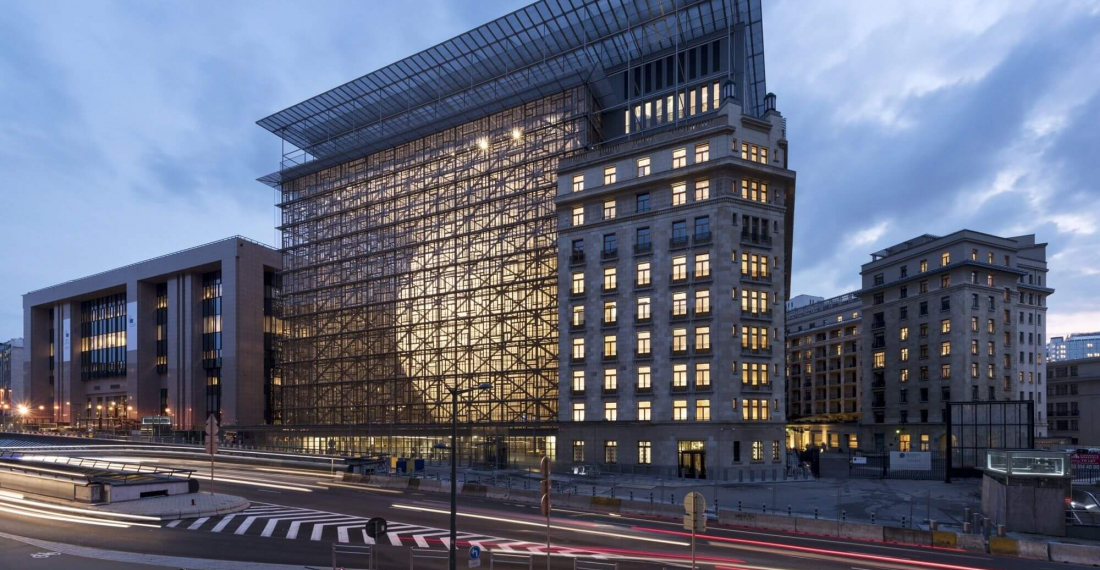The Council of the European Union on Monday (21 June) approved conclusions welcoming the EU Concept on cultural heritage in conflicts and crises, which enhances the EU's approach to peace, security and development.
The conclusions recognise that cultural heritage can play a key role in promoting peace, democracy and sustainable development by fostering tolerance, inter-cultural and inter-faith dialogue and mutual understanding. At the same time, it can also be instrumentalised as a trigger for and target in conflicts. The conclusions call for the protection and safeguard of cultural heritage during periods of conflict and crises.
The Council emphasises the importance of awareness and protection of cultural heritage as part of a conflict sensitive approach, throughout all phases of conflicts and crises, and as a basis for sustainable recovery and lasting peace. Protection and safeguarding cultural heritage can contribute to prevent violent extremism, fight against disinformation and generate positive and inclusive dialogue, as well as contributing to the overall resilience of societies.
The Council also stresses the importance of strengthening partnerships with relevant international organisations, regional organisations, as well as relevant intergovernmental and non-governmental organisations, and calls for the protection and safeguard of cultural heritage to be mainstreamed into Council work across areas under the Common Foreign and Security Policy.
The EU will now integrate the protection of cultural heritage into all the relevant dimensions of the EU toolbox for conflicts and crises.
As Common Security and Defence Policy (CSDP) missions and operations can provide an important contribution to address security related challenges linked to the preservation and protection of cultural heritage, the EU will now develop a dedicated mini-concept to explore possibilities to develop civilian CSDP missions’ efforts further, where appropriate, in this field, such as through possible capacity building programmes or training activities.
The EU will also seek to integrate the protection of cultural of cultural heritage in all other areas of the EU’s external action and in appropriate financial instruments, including Neighbourhood, Development and International Cooperation Instrument (NDICI) – Global Europe.
Furthermore, EU Member states, the EEAS, the Commission and other relevant bodies committed to enhance their cooperation on the protection of cultural heritage in order to develop and exchange best practices and expertise.







